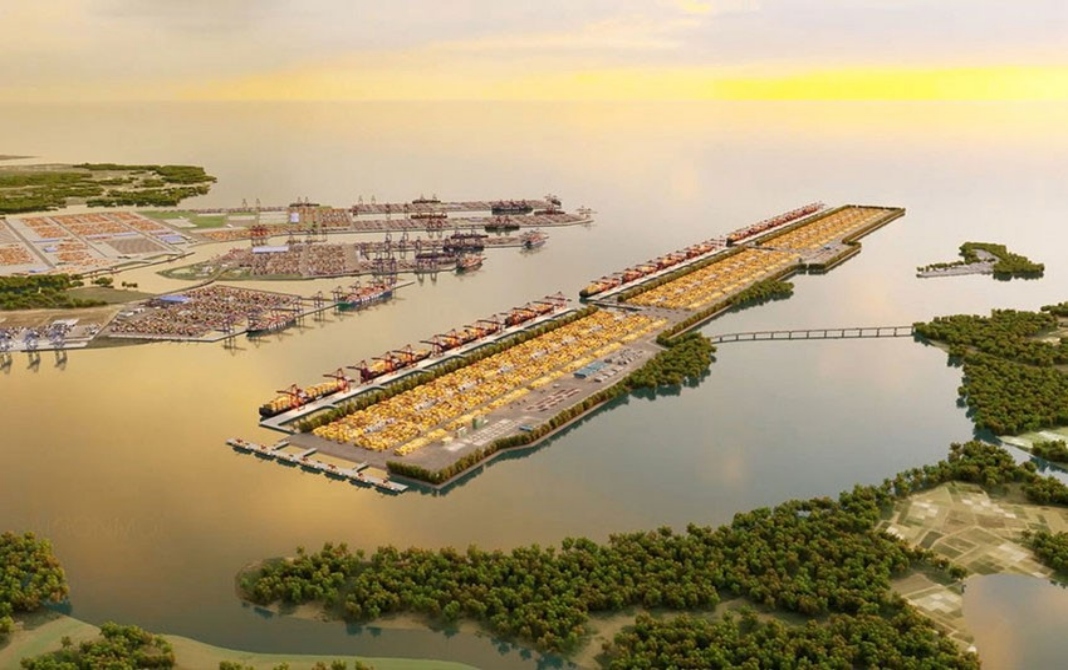HCMC – HCMC authorities have announced plans to clear 90 hectares of coastal mangrove forest to make room for the Can Gio International Transshipment Port project.
As outlined in the project proposal, the Can Gio International Transshipment Port requires a total of 571 hectares of land. Of this, 90 hectares of mangrove forest would have to be cleared, including nearly 83 hectares of natural mangrove forest and seven hectares of forest land without trees. The project would also utilize 481 hectares of water surface.
The proposed Can Gio International Transshipment Port in Thanh An Island, Can Gio District, is strategically positioned to accommodate super large container vessels, including those with a capacity of 250,000 tons.
The estimated cost of the project is US$5.45 billion, with phased completion expected by the end of 2045.
However, concerns have arisen regarding the possible impact of the project on the environment. The project location is part of the buffer zone for the Can Gio Mangrove Biosphere Reserve, and the development must align with regulations governing biosphere reserves. These regulations allow economic activities if conducted with consideration for the natural landscape, requiring authorization from appropriate authorities.
To address environmental concerns, the project team will have to thoroughly examine and assess the specific forested area planned to be converted for the port construction. Additionally, the project will be planned to ensure that over 10% of the land area is designated for greenery, supporting mangrove forest preservation and overall environmental sustainability.
HCMC officials anticipate significant investment and job creation through the Can Gio International Transshipment Port. The project is expected to employ 6,000 to 8,000 workers directly at the port, with tens of thousands of additional jobs in logistics, support services, and customs duties.
Once operational at its designed capacity, the project will contribute substantially to the state budget through activities such as loading and unloading, warehousing, corporate income tax, and various maritime fees and charges. The revenues generated from water surface leasing and import-export duties alone could total VND34-40 trillion annually.









